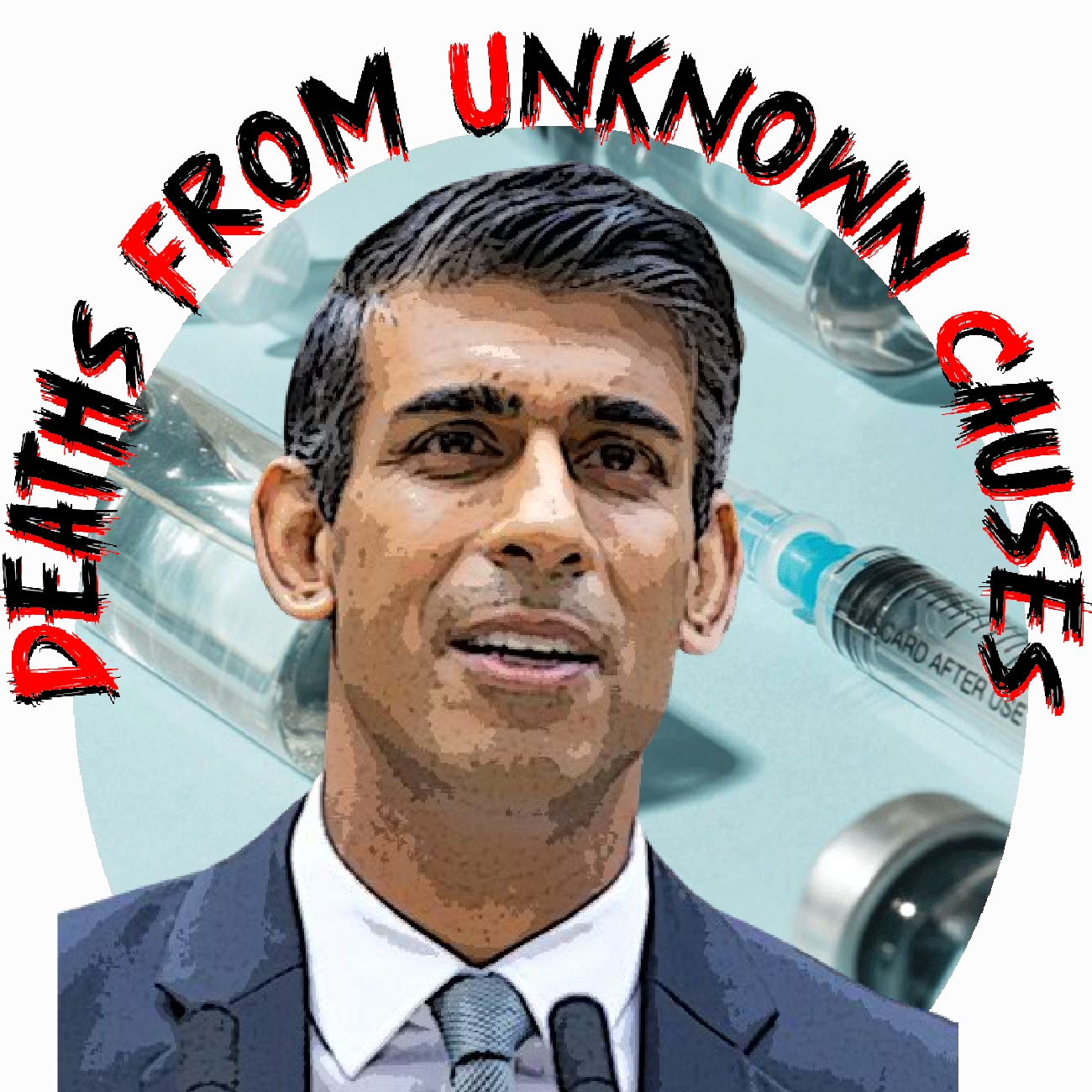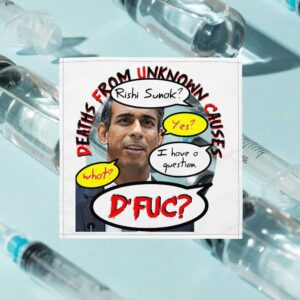Who is Rishi Sunak?
As of my last update in September 2021, Rishi Sunak is a British politician who was serving as the Chancellor of the Exchequer in the United Kingdom. He is a member of the Conservative Party. Here’s some information about him:
Rishi Sunak was appointed as the Chancellor of the Exchequer in February 2020, succeeding Sajid Javid. The Chancellor of the Exchequer is one of the most senior positions in the UK government, responsible for overseeing economic and financial matters, including the management of public finances, taxation, and government spending.
Sunak’s tenure as Chancellor has been marked by the challenges posed by the COVID-19 pandemic. He played a key role in implementing various economic support measures, such as the Coronavirus Job Retention Scheme (commonly known as the furlough scheme), which aimed to protect jobs and support businesses during periods of lockdown and economic disruption.
Before his role as Chancellor, Rishi Sunak was a Member of Parliament (MP) for the constituency of Richmond in North Yorkshire. He has a background in finance and investment banking, having worked at investment firms such as Goldman Sachs.
Please note that developments may have occurred since September 2021. For the most current and accurate information about Rishi Sunak, I recommend checking more recent sources or official government websites.










